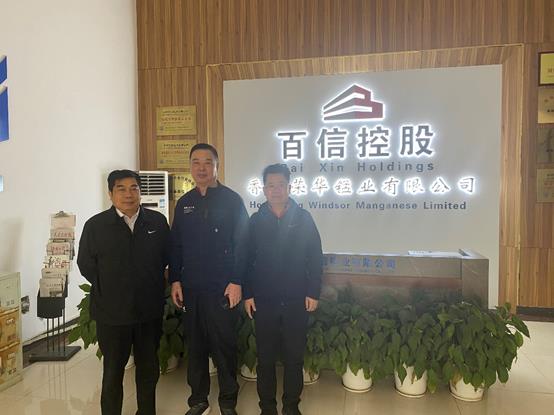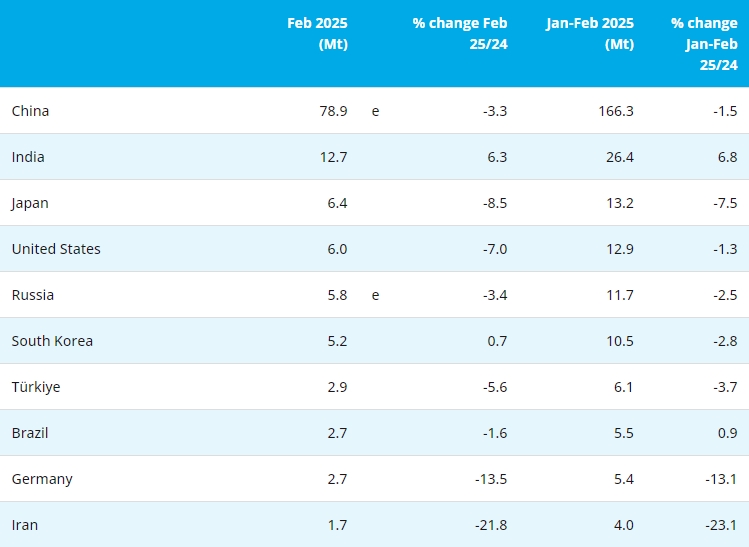Brazil's attorney general has asked the supreme court to uphold the closure of Brazilian mining company Vale SA's Onça Puma nickel mine for allegedly failing to meet the terms of its environmental license, the prosecutor said on Wednesday. Attorney General Rodrigo Janot made the request in response to a petition by the state of Pará to reopen the mine, ordered closed in August, on the grounds that the shutdown puts 850 jobs at risk and threatens the region's economy, according to a statement from his office.
Located in Brazil's Amazon region, Onça Puma produced 5 900 tonnes of nickel in the third quarter, or 8.2% of production at Vale, the world's largest nickel producer. Rio de Janeiro-based Vale allegedly failed to mitigate mine impacts and compensate the Cateté and Kaiapó native groups for the intrusion on their way of life, as required under an operating license granted in 2004, the attorney general said. "In the balance of values, life takes priority over eventual economic losses stemming from the stoppage of the project," he said in the statement.
At the same time, the prosecutor said, rivers "were seriously contaminated by heavy metals such as iron, copper, nickel, chrome and other bio-accumulative metals with serious risks to human health." Vale officials did not respond to requests for comment. The petition comes as Vale and its 50-50 joint venture partner in Samarco Mineração SA, Australia's BHP Billiton Ltd , face a 20-billion real ($5.21-billion) lawsuit from Brazilian government agencies for damages related to a deadly November dam-burst at Samarco's iron ore mine in Minas Gerais state. On Tuesday, Vale's non-ferrous metals chief, Jennifer Maki told investors in New York that while Vale had stopped all mining at Onça Puma's open-pit nickel mine in Brazil's Carajas region, it was still operating the its ferro-nickel processing plant at the site. Vale has said it is in full compliance with the court-ordered shutdown.
Processing of ores to separate pure metal from other elements such as oxygen chemically bonded to them is the principal source of toxic impacts from mining. Vale has said efforts to comply with the license have been blocked by native groups' refusal to open native land to researchers to assess mine impacts and to calculate compensation.
- [Editor:Sophie]



 Save
Save Print
Print Daily News
Daily News Research
Research Magazine
Magazine Company Database
Company Database Customized Database
Customized Database Conferences
Conferences Advertisement
Advertisement Trade
Trade










 Online inquiry
Online inquiry Contact
Contact

Tell Us What You Think